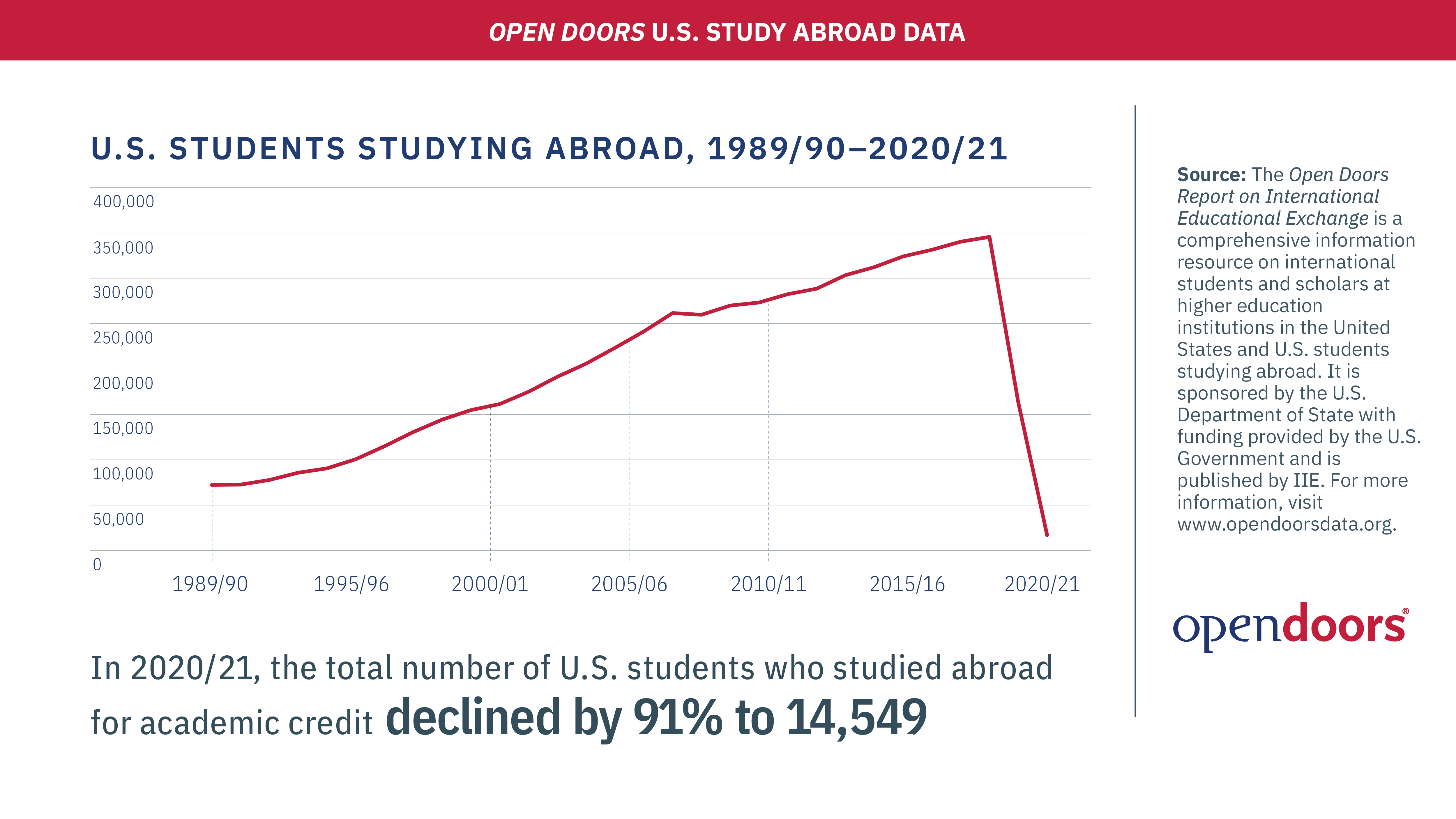The Importance Of Middle Managers: Fostering Collaboration And Achieving Business Goals

Table of Contents
Bridging the Gap: Communication and Information Flow
Middle managers are the vital link connecting upper management's strategic vision with the daily operations of frontline employees. Their role in ensuring clear and efficient communication flows in both directions is paramount to organizational success. Effective communication management is a key responsibility, significantly impacting team productivity and morale.
Facilitating Effective Communication
Middle managers act as translators, converting high-level strategic goals into actionable tasks for their teams. They ensure everyone understands their role in achieving the overall objectives. This crucial translation process minimizes confusion and maximizes efficiency.
- Translating strategic goals into actionable tasks for teams: Breaking down complex strategies into manageable steps allows teams to focus on specific, achievable targets.
- Relaying employee feedback and concerns to senior leadership: This upward communication ensures that the voices of frontline employees are heard, leading to better decision-making and increased employee engagement. Open communication channels are crucial for a healthy work environment.
- Ensuring consistent messaging and transparency across departments: Maintaining consistent communication minimizes conflicting information and promotes a unified organizational culture. Transparency builds trust and improves morale.
Managing Information Overload
The modern workplace is often characterized by an overwhelming amount of information. Middle managers play a crucial role in filtering and prioritizing this information, preventing overload and ensuring that teams receive only the relevant, timely data they need. This efficient information management directly improves team focus and productivity.
- Identifying key performance indicators (KPIs) and reporting progress: Tracking KPIs and reporting progress keeps everyone focused on the most important metrics and allows for timely adjustments to strategy.
- Distributing relevant company updates and announcements: Ensuring that all relevant information reaches the team promptly prevents confusion and keeps everyone informed.
- Preventing the spread of misinformation and rumors: Clear and consistent communication from a trusted source helps to counter the spread of inaccurate or misleading information.
Fostering Collaboration and Teamwork
Effective middle managers are not just supervisors; they are team builders, motivators, and conflict resolvers. Their ability to foster a collaborative and supportive environment directly impacts team performance and overall productivity. Investing in training to improve these skills is an investment in the success of the entire organization.
Building Strong Teams
Middle managers play a critical role in establishing a positive and productive team dynamic. This involves creating an inclusive environment where every team member feels valued and empowered to contribute their best work.
- Promoting a collaborative and inclusive work environment: Creating a space where team members feel comfortable sharing ideas, offering support, and working together towards common goals is essential.
- Identifying and nurturing team strengths: Understanding individual strengths allows middle managers to assign tasks effectively, maximizing team efficiency and member satisfaction.
- Addressing conflicts and mediating disagreements effectively: Middle managers act as mediators, helping to resolve conflicts constructively and maintain a positive team environment. Conflict resolution skills are vital for strong team cohesion.
Mentoring and Development
Beyond managing tasks, middle managers act as mentors and coaches, guiding their team members' professional growth and development. This investment in individual employees contributes to improved team performance and overall organizational success.
- Providing regular feedback and performance reviews: Regular feedback helps employees understand their strengths and weaknesses, enabling them to improve their performance.
- Identifying training and development needs: Proactive identification of training needs helps to ensure that employees have the skills they need to succeed.
- Mentoring and coaching team members: Providing guidance, support, and encouragement fosters a positive and supportive work environment.
Driving Performance and Achieving Business Objectives
Middle managers are the engine room of achieving business objectives. They translate overarching business strategies into actionable plans, monitor progress, and ensure that teams have the resources they need to succeed. Their role in optimizing resource allocation is crucial for maximizing efficiency and minimizing waste.
Setting and Monitoring Goals
Effective middle managers translate high-level business goals into specific, measurable objectives for their teams. This ensures that everyone understands their contribution to the overall organizational strategy. Using SMART goals is a critical component of this process.
- Setting SMART goals (Specific, Measurable, Achievable, Relevant, Time-bound): Clearly defined goals provide focus and direction for teams.
- Monitoring progress and providing regular updates: Regular monitoring and reporting ensure that projects stay on track and any necessary adjustments can be made promptly.
- Identifying and addressing performance bottlenecks: Proactive identification and resolution of bottlenecks prevent delays and maximize efficiency.
Resource Allocation and Optimization
Middle managers play a crucial role in ensuring that teams have the resources they need to achieve their goals. Effective resource allocation is essential for maximizing efficiency and minimizing waste.
- Prioritizing tasks and allocating resources effectively: This ensures that the most important tasks receive the necessary attention and resources.
- Identifying areas for improvement and optimization: Continuous improvement is key to maximizing efficiency and minimizing waste.
- Implementing best practices and new strategies: Staying up-to-date on best practices and implementing new strategies helps to ensure that teams are operating at peak efficiency.
Conclusion
Effective middle management is not merely a layer of hierarchy; it's a critical component of organizational success. By facilitating communication, fostering collaboration, and driving performance, middle managers bridge the gap between strategic goals and operational execution. Investing in and developing strong middle management is an investment in the overall health and success of your business.
Call to Action: Recognize the crucial role of middle managers in your organization. Invest in training and development programs to empower your middle management team to foster greater collaboration and achieve your business goals. Don't underestimate the impact of strong middle management – it's essential for sustained growth and success. Strengthen your middle management and watch your business thrive.

Featured Posts
-
 Snap Election In Portugal What To Expect From The Third Attempt
May 19, 2025
Snap Election In Portugal What To Expect From The Third Attempt
May 19, 2025 -
 Senate Approves Education Cuts Universities Prepare Lawsuit
May 19, 2025
Senate Approves Education Cuts Universities Prepare Lawsuit
May 19, 2025 -
 Policia Nacional Blinda El Cne Medidas De Seguridad En La Capital
May 19, 2025
Policia Nacional Blinda El Cne Medidas De Seguridad En La Capital
May 19, 2025 -
 Michael Morales Pros React To Ufc Vegas 106 Knockout
May 19, 2025
Michael Morales Pros React To Ufc Vegas 106 Knockout
May 19, 2025 -
 Voters Pessimism Grows Over Spring Budget Plans
May 19, 2025
Voters Pessimism Grows Over Spring Budget Plans
May 19, 2025
Latest Posts
-
 Commission Recommends Phased Elimination Of Daily Door To Door Mail In Canada
May 19, 2025
Commission Recommends Phased Elimination Of Daily Door To Door Mail In Canada
May 19, 2025 -
 Amazon Faces Union Action In Quebec Over Warehouse Closure Decisions
May 19, 2025
Amazon Faces Union Action In Quebec Over Warehouse Closure Decisions
May 19, 2025 -
 Canada Post Facing Potential End Of Daily Home Mail Delivery Commission Report
May 19, 2025
Canada Post Facing Potential End Of Daily Home Mail Delivery Commission Report
May 19, 2025 -
 Quebec Labour Tribunal Hears Amazon Union Case On Warehouse Closings
May 19, 2025
Quebec Labour Tribunal Hears Amazon Union Case On Warehouse Closings
May 19, 2025 -
 The Continuing Tariff Crisis Fp Videos Insights From Home And Abroad
May 19, 2025
The Continuing Tariff Crisis Fp Videos Insights From Home And Abroad
May 19, 2025
